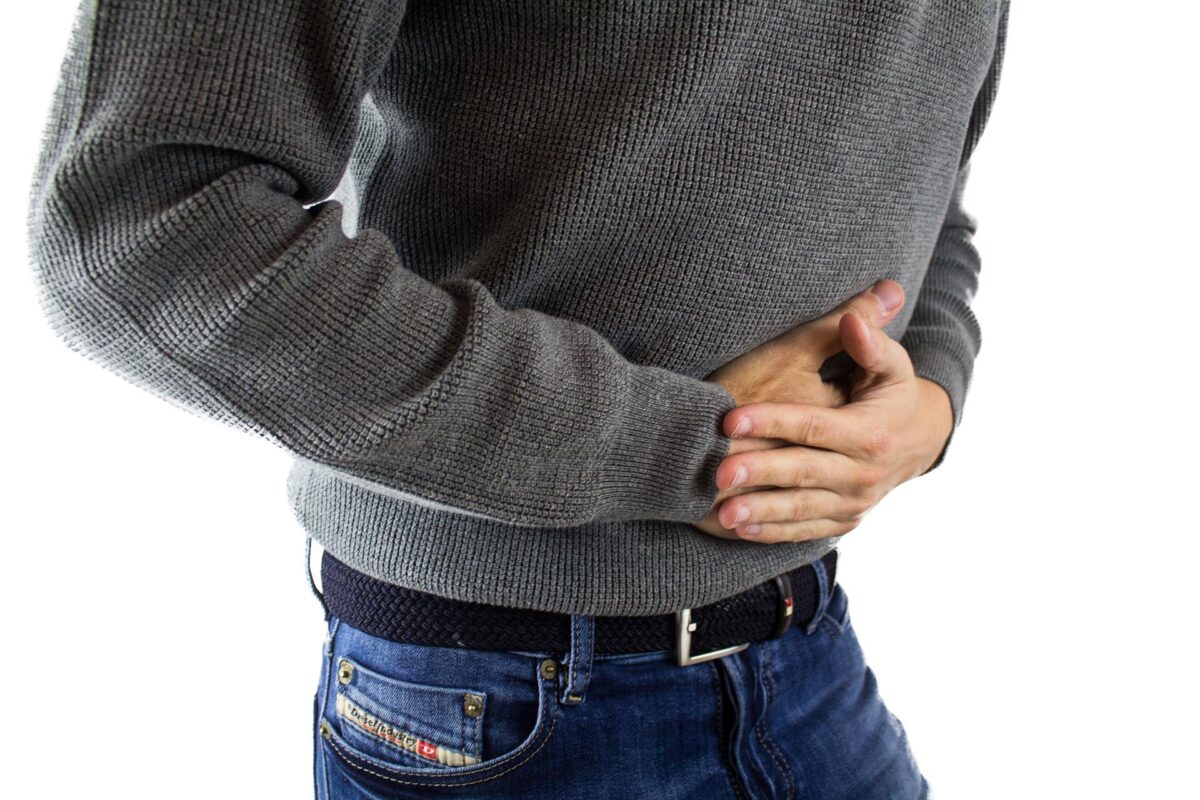You have been waiting a long time for your sunny vacation, and it is now time to depart. The weather is favorable, your bags are packed, and your spirits are high! In summer, you feel the need to disconnect from routine, and you often choose exotic places to spend your vacation. But pitfalls are around the corner, like the annoying traveler’s diarrhea that can be contracted in foreign areas with poor sanitary conditions or in places with poor food handling practices. Do not let traveler’s diarrhea overshadow this well-deserved rest period.
What is traveler’s diarrhea?
Traveler’s diarrhea is one of the most common illnesses among travelers. It spreads through contact with other people or by consuming contaminated food or water. Traveler’s diarrhea is caused by various bacteria (including E. coli, Salmonella, Shigella, Campylobacter), parasites (Giardia, Cryptosporidium, Cyclospora, and others), and viruses (such as norovirus and rotavirus).
How is traveler’s diarrhea transmitted?
Traveler’s diarrhea is transmitted by consuming contaminated food or water. The disease can also be transmitted from person to person when hygiene rules are not followed.
What are the symptoms?
Symptoms vary depending on the bacteria, parasites, or viruses involved. In addition to diarrhea, they generally include fever, nausea, vomiting, bloating, abdominal cramps, and an urgent need to use the toilet. The symptoms usually resolve after a few days without any treatment. In severe cases, traveler’s diarrhea can lead to dehydration and death. This development is particularly concerning for children, the elderly, and people with chronic illnesses or weakened immune systems. If you have blood in your stools, you should consult a doctor even if your other symptoms are not very severe.
Can traveler’s diarrhea be cured?
Most symptoms resolve on their own in a few days. The most important treatment is to maintain good hydration. Make sure to drink plenty of fluids. This is especially important for children, those with medical history, and the elderly. In moderate and severe cases, use oral rehydration solutions. Always be sure to use potable water (boiled, disinfected, or from a commercially sealed bottle) for drinking or preparing oral rehydration solutions. In some cases, it is advisable to acquire medications, such as those offered by the Pharmacie Cavalieri, that inhibit gastric motility and can help alleviate symptoms (frequent and urgent need to use the toilet). It is important to follow each medicine’s instructions and the advice of your pharmacist or doctor to the letter.
Final recommendations before departing
Purchase a range of products online to always keep in your suitcase to prevent and treat traveler’s diarrhea: alcohol-based hand sanitizers, oral rehydration salts, antidiarrheals, enzymes, supplements, etc. Once on-site, be mindful of what you eat and drink and adhere to hygiene rules if you come into contact with other people.


